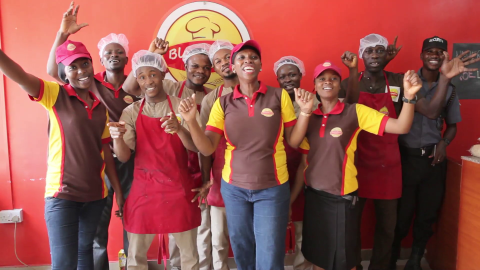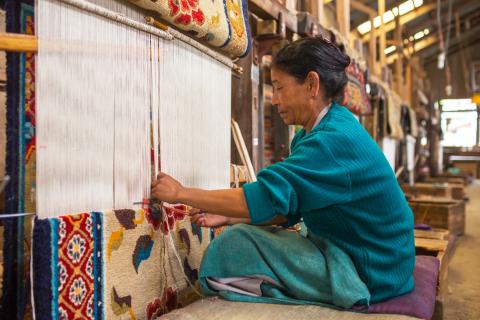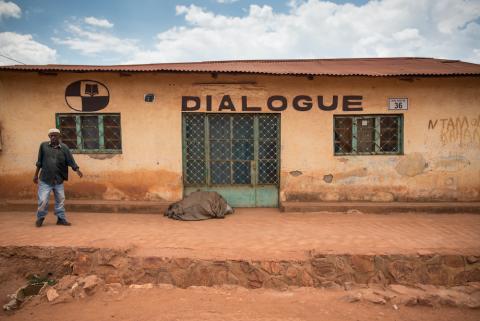IPA's research funds provide competitive funding for rigorous research on understudied topics of global policy interest.
Our funds are managed by in-house experts and supported by guidance from leading academic researchers. IPA has managed large-scale competitive funds for rigorous research (randomized controlled trials or RCTs, and other rigorous evaluation methods) on numerous topics, including financial inclusion, human trafficking, intimate partner violence, peace and recovery, and small and medium enterprises, along with funds for developing and improving research methods.
IPA has developed robust systems for soliciting, selecting, and managing awards, ranging from travel awards and seed funding for partnership development, to pilot studies, to full RCTs. We have also funded add-ons to existing studies, meta-analyses, policy outreach support, and infrastructure and public goods creation such as panel datasets. IPA research awards are made with the expectation that the funding will eventually lead to a high-quality impact evaluation, publishable in an academic journal.
IPA staff work with academic advisors to form selection committees composed of experts in the topic and research methodology, along with members with deep policy knowledge. Proposals are generally scored based on academic contribution, policy relevance, technical design, project viability, and value of research.
Awards can be made to projects in IPA country offices (with research managed by IPA) or outside of IPA country offices. Applicants may be from any institution so long as they have sufficient expertise to carry out the work. We encourage applications from researchers from multiple disciplines and historically underrepresented groups, and we strongly prefer research teams include researchers from the countries where the project will take place.
Open Funding Opportunities

Soft Skills Research Fund | Curated Portfolio of Research Projects (ongoing)
Read More
Closed Funding Opportunities

Consumer Protection
Read More

Displaced Livelihoods Initiative
Read More

Human Trafficking Research Initiative | Request for Proposals | Seed Funding Round 4
Read More

Intimate Partner Violence
Read More













